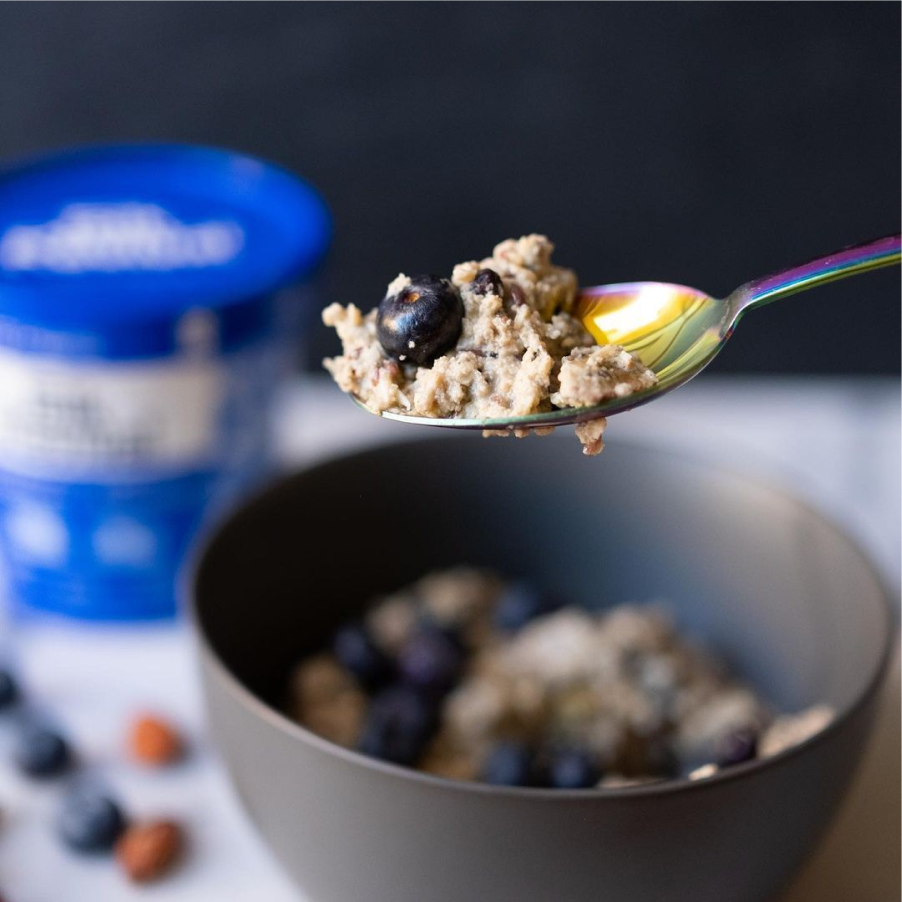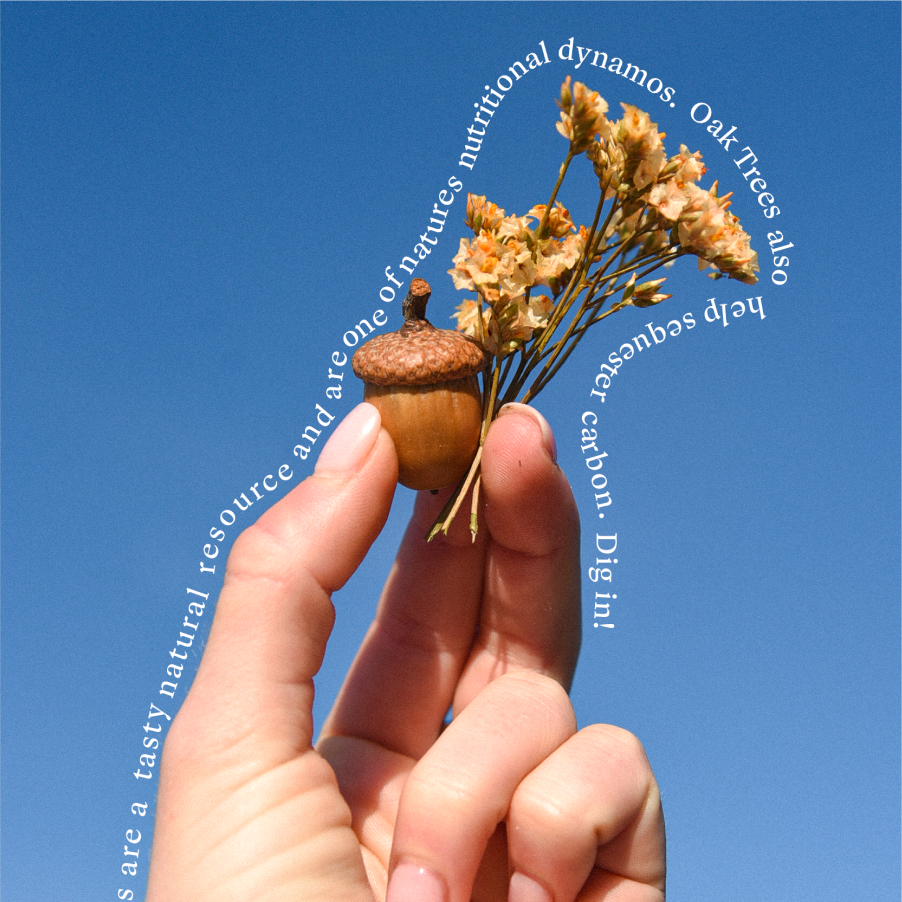
Sustainability, Our Ingredients, and Keto-Nutrition
Welcome to the premier Folk Revival blog post. I figured it makes sense to start with some of the key brand pillars; Sustainability and Keto-Nutrition. I hope you enjoy.
My perspective on what comprises “sustainable,” is heavily influenced by my experience farming organically as a young man. On the simplest level it really boils down to how stuff is grown. Specifically, how was the soil and water affected by the creation of this crop? What did it take, for instance, to grow a ton of heirloom tomatoes? What was the impact of applying fertilizer to the ground to amend the nutrient profile of the soil? How much of what was applied to the soil made its way into the local aquifer as a pollutant, and how much was absorbed, bonded with, and enhanced the soil profile? Did growing this crop affect the soil’s tilth in such a way as to increase its health for future production? What measures did the farmer take to enhance the organic matter and biological profile of the soil? What kind of tillage and crop rotation was used to aerate the soil ahead of planting the crop? And how was my personal health as a farmer impacted by growing this crop? People rarely ask these questions when looking at the food they are buying at the store, myself included. But considerations of sustainability only begin at these levels. Framed from the standpoint of nutrition, things get really complicated, really fast. If for me optimal nutrition means eating a near ketogenic diet packed with heritage foods that are low on the glycemic index, how can I achieve this while maximizing sustainability? To truly consider sustainability I think it makes sense to zoom out as well and ask how this is affecting things globally. For instance, what sort of carbon footprint did producing this food “cost” the planet? Can this practice be sustained both from a local and global perspective? One way of understanding sustainability in our product is to take a look at some of its ingredients. So I highlighted some of the ingredients in our Folk Revival cups from the standpoint of environmental impact and sustainability.
Wild Blueberries
Apparently, all blueberries are not created the same. Wild Blueberries, like the ones in Folk Revival cups, are worlds apart both nutritionally and ecologically. When compared to their domesticated cousins, the wild version is packed with more nutrients, containing 33% more brain health anthocyanins and twice the antioxidants in every bite (Why Wild Blueberries Are The Better Blueberry, Jan, 2023). So for anyone looking to maximize the benefits of fruit without transgressing too far into the problems associated with fruit sugars, wild blueberries fit the bill. Plus they just taste great. As far as the impact on the environment, it is also fair to say that blueberries in general and specifically the wild variety are as sustainable as it gets. For one, they are indigenous to where they are grown, and require very little inputs to produce bumper crops that won't take a toll on the local environment. Grown primarily in Maine and adjacent locations in Canada, the wild blueberry grows close to the ground in rocky fields. In one sense ,by keeping them intact and harvested, they serve to perpetuate open land with a well rooted ground cover. Sixty percent of the plant lives underground as roots as a “miniature forest” of open land. Further, most growers only harvest annually from half the plants, allowing the other half to regenerate post pruning. Wild blueberries not only leave water resources intact but are protective of them. Wild blueberries also have a positive impact on local pollinators, as they provide a bountiful food source to bees and their kind. This is important to many farmers who value wild and domestic pollinators and use conservation practices in their management plans. In other words, they don't want to poison their environment with pesticides and herbicides because they know the toll this would take on their pollinators (Van Allen, J., 2018, May 31). Tillage and chemicals are entirely minimized on the farm; most of the effort in blueberry farming is in the pruning, harvesting and storing of this miracle food. Wild blueberries are in essence the quintessential sustainable food and were an obvious choice to include in our high protein hot cereal.
Acorns
Acorns are another incredible wild food, with benefits as both a sustainable food source and a keto friendly nut. They are not only nutrient dense, containing all nine essential amino acids and high in vitamins A and C but they are also high in oleic acid, a monounsaturated fatty acid shown to lower LDL (“bad”) cholesterol and raise (“good”) HDL cholesterol. From a sustainability standpoint the oak tree is also powerfully beneficial for ecosystems. David Bainbridge, a researcher at UC Davis, argues that harvesting and protecting this vital food crop would bring stability to local and macro ecosystems with all the benefits that trees can bring through carbon sequestration, habitat for life, and moisture retention/cloud production (ACORNS BEGINNING TO REENTER HUMAN DIETS | Business Sustainability Collaborative | NC State University, 2014; Starin, 2014). The trees can be massive, and massively beneficial for healthy forests. Arguably, this nut as a food source is a boon to the planet.
Hemp
Hemp is perhaps the epitome of a sustainable “staple” food crop. As crops go, it is at the top of the food chain for combining environmentally friendly farming with keto-compatible nutrition. It is by now no secret that this plant has a plethora of uses; it is used in making fiber, paper, construction material, medicine, and superconductors. And, specific to our purposes, it is a protein dense, LDL reducing, delicious seed. Hemp is being embraced by more and more countries around the world as its irrefutable benefits outweigh the stigma associated with its “naughty cousin,” THC filled cannabis. The crop is sustainable from so many angles; it takes 95% less irrigation than cotton, it builds huge root systems for soils and piles up biomass for carbon sequestration. Further, it is nearly devoid of pesticides and herbicides due to its ability to crowd out weeds and thrive without excessive fertilizer inputs. With so many sustainability benefits, coupled with it’s being the nutritional powerhouse that it is, we are proud to put this ingredient in our keto oatmeal. (Hemp Sustainability | Environmental Benefits Of Industrial Hemp – Hemp Acres, Jan., 2022; 10 Things You Didn’t Know About Sustainable Hemp Farming, 2021).
In sum
It makes sense for people to consider the impact our food choices have on the planet. After all, why bother eating optimally if this means torching the planet along the way? In the quest to marry earth-friendly sustainability with keto-compatible deliciousness, we created Folk Revival hot cereal. The staple ingredients like the acorns, hemp, blueberries, and more, are carefully sourced to meet our goals for nutritional quality, great taste, and environmental sustainability. We hope you enjoy them as much as we do.
References
ACORNS BEGINNING TO REENTER HUMAN DIETS | Business Sustainability Collaborative | NC State University. (2014, November 25). Business Sustainability Collaborative. Retrieved January 23, 2023, from https://bsc.poole.ncsu.edu/news/are-acorns-ready-to-reenter-human-diets/
Hemp Sustainability | Environmental Benefits Of Industrial Hemp – Hemp Acres. (n.d.). Hemp Acres. Retrieved January 22, 2023, from https://www.hempacresusa.com/blogs/blog/hemp-sustainability
Starin, D. (2014, May 16). Is Reintroducing Acorns into the Human Diet a Nutty Idea? Scientific American. Retrieved January 23, 2023, from https://www.scientificamerican.com/article/is-reintroducing-acorns-into-the-human-diet-a-nutty-idea/
Van Allen, J. (2018, May 31). How Wild Blueberries Can Help Reduce Carbon Footprint. Food Processing. Retrieved January 22, 2023, from https://www.foodprocessing.com/ingredients/fruits-and-vegetables/article/11313288/how-wild-blueberries-can-help-reduce-carbon-footprint
Why Wild Blueberries Are The Better Blueberry. (Jan. 2023). Wild Blueberries. Retrieved January 22, 2023, from https://www.wildblueberries.com/why-wild
10 Things You Didn’t Know About Sustainable Hemp Farming. (2021, April 8). EcoWatch. Retrieved January 22, 2023, from https://www.ecowatch.com/sustainable-hemp-farming-2651175735.html



 WINTER DEALS LIVE NOW
WINTER DEALS LIVE NOW






